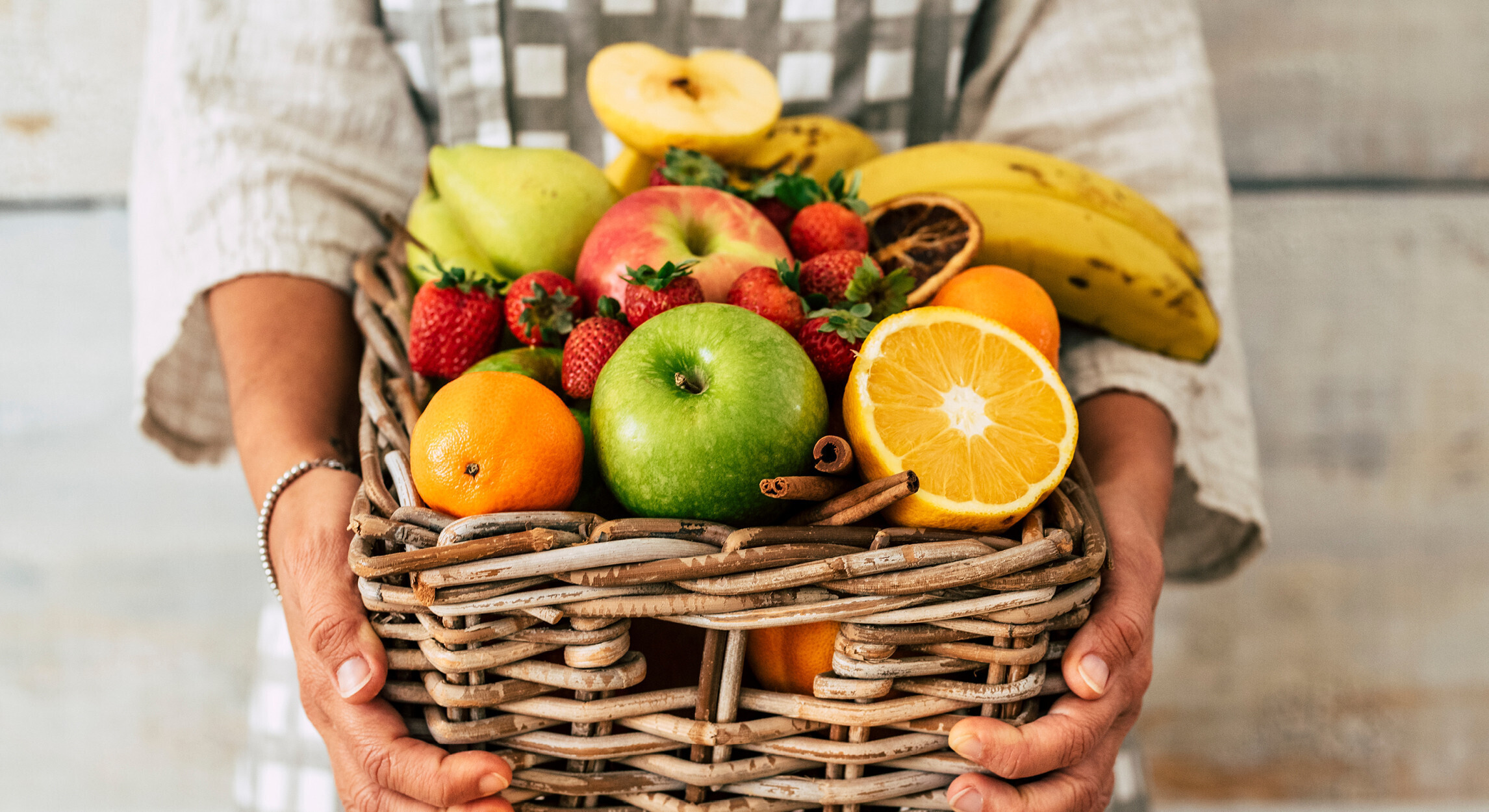Responsible consumption is increasingly central to the concerns of consumers, who are aware of the impact of their choices on the environment and their well-being. Responsible consumption means buying less, but better, by focusing on the quality, naturalness, proximity and sustainability of products, and considering the environmental, social, health and economic impact of our purchases. In this article, we explore the benefits of this way of consuming, which is perfectly in tune with the concept of sustainable development.
Ecological benefits:
One of the main benefits of responsible consumption is the preservation of our environment. Uncontrolled consumption leads to the degradation of our planet, resulting in air, water and soil pollution, and global warming. Responsible consumption helps to limit these negative impacts by reducing greenhouse gas emissions and waste production, which are harmful to the planet. It also helps to protect flora and fauna, ensuring their sustainability in suitable environments.
Benefits for our well-being:
As far as food is concerned, this type of consumption encourages a healthier, varied and balanced diet. Favouring natural, local and seasonal products is good for our bodies. By avoiding industrial, processed products grown with chemical fertilisers or containing additives, pesticides or GMOs (Genetically Modified Organisms), we can protect our health. What's more, as mentioned above, responsible consumption means we can take care of our planet by limiting pollution, which is responsible for many illnesses around the world every year.
What are the best habits to adopt in order to move towards "responsible" consumption?
- Reduce waste: The "zero waste" concept consists of drastically limiting the production of non-recyclable or reusable waste in our daily lives. It is based on 5 fundamental principles: refuse what we don't need, reduce our consumption, reuse as much as possible, recycle what cannot be reused, and compost organic waste. For example, by reducing our purchases of over-packaged products and bringing our own bags to the shops, we can reduce the amount of waste we produce by several kilos each year.
- Opt for greener transport: By adopting eco-responsible modes of transport such as public transport, cycling or walking, we can reduce the amount of greenhouse gases generated by cars, planes, etc. Of course, not all towns have public transport, and it's not possible to walk dozens of kilometres to work every morning. But responsible consumption does not mean no consumption at all. There are intermediate solutions, such as car-sharing. What's more, teleworking is another way of helping the environment, as it allows workers to limit their travel.
- Eat locally: When we eat fruit or vegetables that are not in season, they have often travelled a long way around the world before ending up in our hands. To avoid this pollution, think about eating locally, and therefore in season, by picking up your produce yourself at the farm, for example. Organisations like AMAP (Association pour le Maintien d'une Agriculture Paysanne) help you find local producers near you. What's more, when you go to the supermarket, it's crucial to be careful about the products you buy. Preferably choose products that contain no colourings or preservatives, and that pay a fair price to the producers.
- Buy sustainable products made with respect for the environment: Fashion is one of the most polluting industries. Between the pollution generated by the production of clothes and the pollution that results from their distribution around the world, this sector of activity has a huge impact on preserving our environment. But that's not all. The fashion industry also has a bad reputation in social terms, with numerous scandals in recent years involving the exploitation of children and the exposure of employees to dangerous substances during the manufacture of clothing. To limit these impacts, responsible consumption in this area means choosing hard-wearing clothes that can be kept for many years to avoid frequent replacement & that are made by ethical brands. Another solution: second-hand clothes! A system long associated with the car industry, it is now possible to buy clothes from private individuals, which avoids over-consumption and encourages reuse. These habits can also be applied to other areas such as high-tech or household appliances. To avoid overproduction, which requires the use of huge quantities of raw materials, it is possible to buy second-hand products. What's more, when it comes to your high-tech appliances or domestic appliances, take into account the repairability index when making your choice. This index will tell you whether your appliance can be repaired easily in the event of a problem. The higher the index, the longer you can keep it, because it can be repaired rather than thrown away.
Gradually changing our habits:
After years of adopting certain habits, it's not always easy to change everything overnight. Responsible consumption sometimes requires organisation that takes several weeks or even months to put in place. However, on a daily basis, a number of small actions can already do our planet a world of good. Together, we can make a difference!










